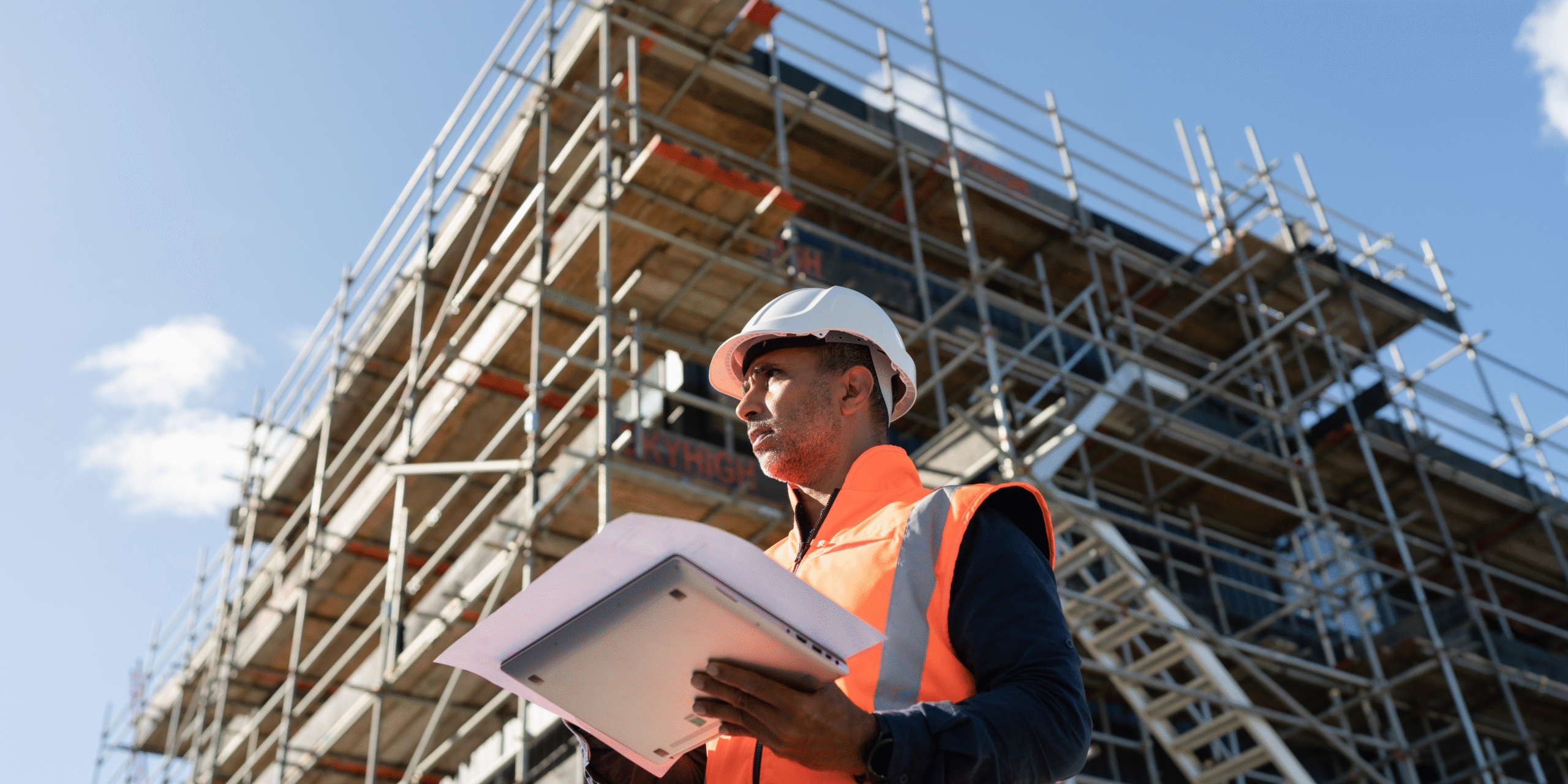

Starting a new career is hard. It’s easy to be intimidated by the learning curve that comes with stepping into a new field, especially if you come from a financially disadvantaged background or are a woman considering trying a career in a male-dominated field. What sets the construction industry apart as a contender for your new line of work is the incredible community, the financial security that can come from working in the trades, and especially the incredible governmental incentives for the minority community! Let’s talk about federal construction projects’ push for diversity!
In the United States, there are a lot of incentives for diverse communities to enter the construction workforce. Federal, state, and city-level government bodies are continually developing and enforcing various programs to encourage women, veterans, and other minorities to enter the industry. Research your local legislation to see what opportunities your community offers to women-owned and minority-owned construction companies. Today, we’ll discuss what the federal government is doing to encourage new communities to join the workforce.
One of the big pushes for construction industry diversity on a Federal Level is the Women-Owned Small Business Federal Contracting Program, often referred to as WOSB. This program breaks down even further to Economically Disadvantaged WOSBs, as well, opening up guaranteed contracts to an even more finite community. To qualify for this program, a company has to meet all of the following points:
Given that your business meets the criteria, you can apply to have your business WOSB Certified. This program guarantees that 5% of federal contracts go to businesses that meet the WOSB criteria AND have their company certified under said standards. Additionally, as mentioned above, a specific portion of those is even further limited to EDWOSB companies. This means that WOSB or EDWOSB-certified companies have a much higher opportunity to win federal projects because of this requirement. Furthermore, because this initiative has not been well-publicized, the federal government often fails to meet its quota for this effort, meaning that there is work waiting to be bid on by WOSB construction companies!
We are here to help you build a better business. Contact us today to learn how to best protect what you’ve created.
Another excellent federal push for diversifying the construction industry is the Small Disadvantaged Business Agreement or SDB. To qualify for SDB Certification, a company must be 51% or more owned and controlled by one or more disadvantaged persons, the person or persons must be socially disadvantaged and economically disadvantaged according to the SBA, and the firm must be small according to SBA’s size standards. The function of the SDB agreement works similarly to the WOSB, but there are even more opportunities under this certification since the criteria are a bit broader. 10% of federal contracts are reserved to be given to SDB-certified companies, meaning that there is work just waiting to be bid on for minority and veteran-owned construction companies.
If you are a woman, veteran, or other minority considering changing careers, construction is an incredible field that wants to welcome you! Research the incredible opportunities your local, state, and federal governments have for you to not only learn a skilled trade but also get an industry job secured. Amplifying and increasing diversity in the construction community is essential for the industry’s continued development, and these programs are a testament to the need for more construction companies today.
For more information on getting started in construction, check out our blog, as well as our numerous other free educational resources, under the resources tab of our website. If you’re ready to take the leap, reach out to our skilled team of construction attorneys to discuss starting a business, getting legally incorporated, and having our team handle your small business or minority certifications. The construction industry is incredibly welcoming and full of opportunities for folks of all kinds. There is a place for you in it. You just have to make the first move.
Knowing how to protect yourself best is essential, especially when growing your business, and having a team to support you when you’re facing the potential of getting sued is a huge advantage. The Cromeens Law Firm team is here to help keep you out of the courtroom on the front end or help you win the fight inside of it. Contact us today and set yourself up for success with the support of a legal team.
This article is intended as a general educational overview of the subject matter and is not intended to be a comprehensive survey of recent jurisprudence, nor a substitute for legal advice for a specific legal matter. If you have a legal issue, please consult an attorney.
Karalynn Cromeens is the Owner and Managing Partner of The Cromeens Law Firm, PLLC, with over 17 years of experience in construction, real estate, and business law. A published author and passionate advocate for contractors, she has dedicated her career to protecting the businesses her clients have built. Karalynn is on a mission to educate subcontractors on their legal rights, which inspired her books Quit Getting Screwed and Quit Getting Stiffed, as well as her podcast and The Subcontractor Institute.

